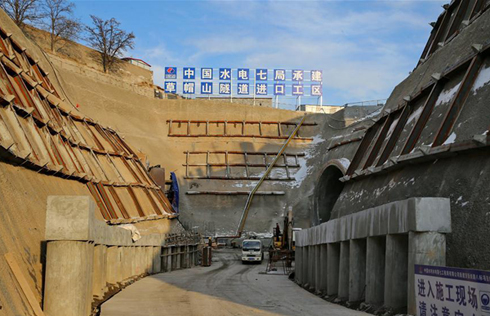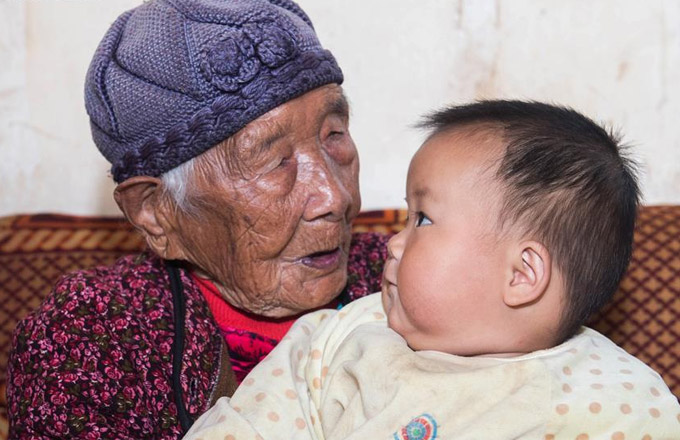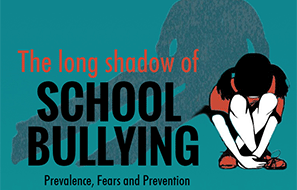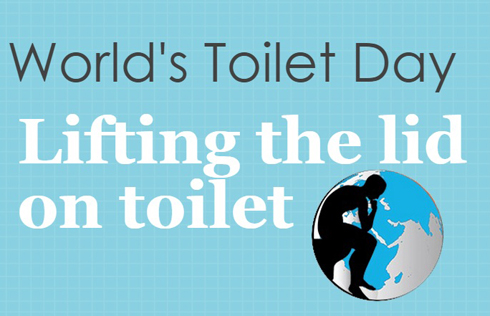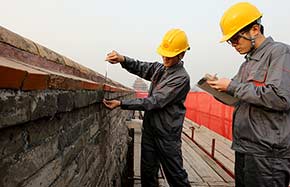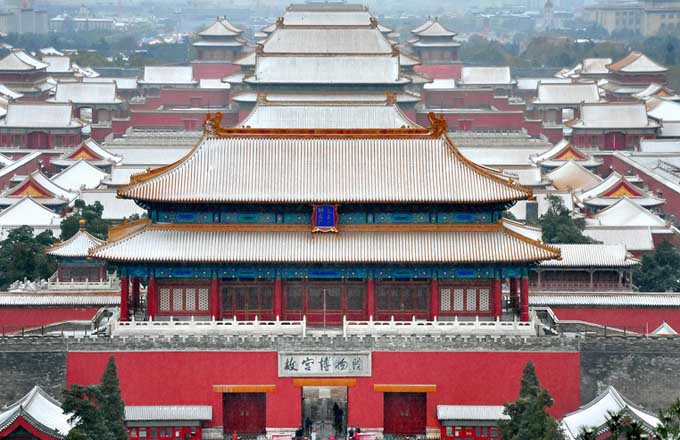Taking a lead in fight against malaria
SMS validation
"While legitimate companies will submit to such processes, shady companies can simply hide and smuggle their fake versions of registered or unregistered medicines into Africa," said Bright Simons, president of the mPedigree Network, a nonprofit organization based in Ghana that provides and aids strategies that focus on combating fake medicines and serialization, or identification codes.
Serialization works by embossing a unique code on each product pack, and mass serialization often involves the cryptographic randomization of these codes to prevent them being guessed or generated by unauthorized people.
Given the prevalence of mobile phone use in Africa, a serialization check via SMS message could be a key method in preventing the sale and use of fake medicines, according to Simons.
He said China has become a major supplier of pharmaceutical products to African countries, especially the anti-malaria treatments that have become increasingly familiar in local pharmacies, and that companies such as Tongmei Laboritoire, a Chinese-invested pharmaceutical company based in Togo, have established manufacturing plants on the continent.
Because many developing countries have weak or poorly functioning national regulatory authorities that are unable to ensure the quality of medicines, the WHO established its Pre-qualification of Medicines Programme in 2001 as a unique initiative to evaluate and monitor the quality of medicines used to treat priority diseases in developing countries in Africa and elsewhere.
"However, although China has begun to use the pre-qualification program as a means of bolstering the reputation of its products, there is a lack of strong programs in African countries to support the anti-counterfeiting efforts of the public health and safety authorities in those countries," Simons added.
The WHO's PQP has pre-qualified 29 anti-malarial medicines and roughly one-third of them are manufactured in China, according to O'Leary.
"The WHO ensures that the medicines procured through the scheme are safe and effective," he added.
However, he said the WHO PQP doesn't cover all anti-malarials produced in, and exported by, China, and the organization couldn't comment on the quality of such medicines.
Also, the WHO has organized training for Chinese manufacturers and regulatory authorities to strengthen production and regulatory practices and ensure that Chinese-made medicines meet international standards.
The responsibility for regulating the pharmaceutical sector remains with the national health authorities of each country, said O'Leary.
"In Africa, as well as in Asia, there is a need for major investment in strengthening the capacities of national health authorities," he said.







